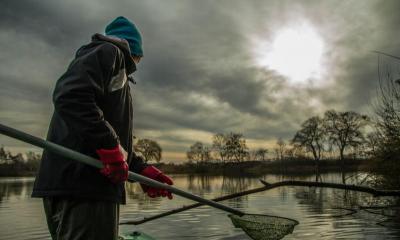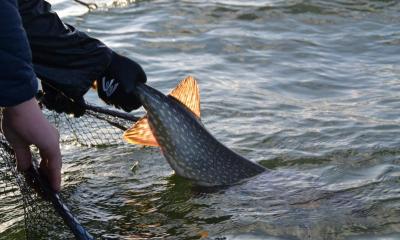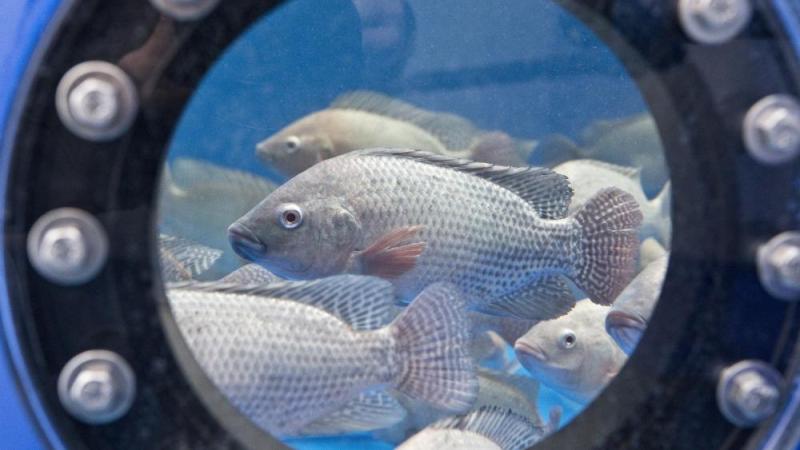
Robert Arlinghaus is Professor of Integrative Recreational Fisheries Management at the Humboldt University of Berlin .| © Stefan Klenke
The Stifterverband Science Award recognises research that develops innovative approaches for business, politics and society. In addition to outstanding scientific quality, the social relevance of the results plays a decisive role in the selection process.
Robert Arlinghaus of the Leibniz Institute of Freshwater Ecology and Inland Fisheries is being honoured for his work on the ecological, economic and social aspects of recreational inland fishing. Lena Hipp of the Social Science Research Centre Berlin (WZB) will receive the award for her research on social inequalities related to gender and care work.
About Robert Arlinghaus
Robert Arlinghaus provides the basis for sustainable recreational fisheries, particularly in inland and coastal waters. He is a leading expert in social-ecological fisheries research, using recreational fishing to study coupled human-environment systems. He has been a leader in bringing the often underestimated social, environmental and economic importance of recreational fishing to the attention of scientists and the public. Worldwide, more than 220 million people fish in their leisure time; in Germany, more than three million recreational anglers go fishing regularly. It is worth noting that they catch ten times more fish biomass than the domestic commercial inland fishery and secure more than 52,000 jobs in the fishing tackle and tourism industries in this country.
Robert Arlinghaus' research has challenged long-held practices and principles of inland fisheries. For example, he has shown that ecosystem-based fisheries management, through the provision of better habitats, is far more effective than fish stocking. In addition, Robert Arlinghaus has shown that sparing large fish has a positive effect on fish stocks due to their greater reproductive capacity, and that medium-sized fish should be used instead of only sparing juveniles and taking large fish, as has been done in the past. A major research focus is on the conditions under which recreational fishing can be a threat or a possible support to fish stocks and aquatic ecosystems. The research is characterised by a strong participatory approach, with anglers, and in particular angling clubs, closely involved in the scientific projects.










